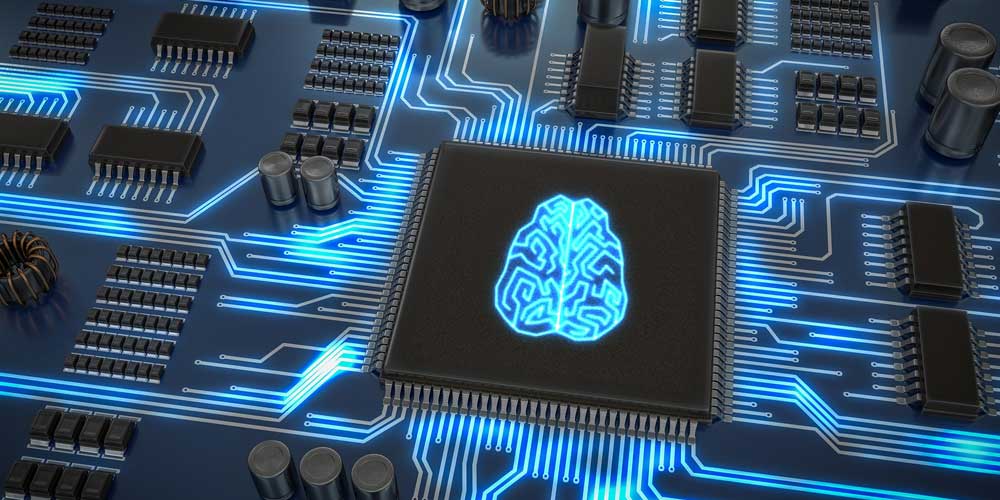Artificial Intelligence is still developing, and the field is still relatively young. Putting the technology to good use, AI has helped humans by aiding their tasks and automating them.
Looking at a more specific subject, do we really need them? It depends. But seeing how AI has developed and how many companies and products are depending on AI, the future of AI is certain.
AI is one thing. With machine learning, it uses neural networks that mimic our brain. While still far from human's capabilities, the only way we're going to see on our future is AI in getting to more industry and devices.
And speaking about devices, the first thing that comes in mind is our own mobile devices. The small computers we call gadgets: the smartphones that most people can't live without.
AI on mobile devices can make them just plain smarter. Apple and Huawei are two companies that started putting AI Accelerators on their devices,
Read: Paving The Roads To Artificial Intelligence: It's Either Us, Or Them

AI Accelerators: The Hype Of More Computing Power
The challenge in the tech industry is that time passes very fast. Technology advances quickly, putting companies at risk if they can't keep up with the competition and the growing demand.
Even co-founder of Google Sergey Brin admitted that it is "almost impossible" to predict what the impact of the technology could be.
For this reason, tech companies need to put extra efforts, add more expense and create hypes.
All that is to create better and more efficient technology.
AI Accelerator is a class of processor that is designed to accelerate artificial neural networks, machine vision and other AI-related tasks as well as sensor-driven tasks and IoT (Internet of Things). While AI works well with GPUs, AI Accelerators lack the fixed function of graphics. It focuses on arithmetic and performance.
With the processor, users can expect quicker performance, less dependence on strong connectivity, and increased privacy for users since data won't be leaving their devices for AI-related tasks.
Ideally, developers can take the advantage of the hardware and create their apps to have more capabilities. Apps can be tweaked to use the on-board neural chips, by working with the Kirin API or open-source frameworks like TensorFlow and Caffe2.
What this means for handsets, AI Accelerators can plainly make them even more powerful.

The first things that have been proven is that apps can use voice and image recognition, as well doing natural language processing with less cloud and internet dependencies.
While users can expect a better performing device and a smarter one as well, data centers can also cut down their energy usage because more queries can be processed straight on users' own devices, rather than sending the queries to the servers for processing.
Microsoft works with Huawei to build on its Translator app's offline capabilities with the NPU chip. And as for Apple, its Apple Neural Engine is a component of the Apple A11 Bionic system on a chip. The company claimed that it's specifically designed for AI-related tasks like Face ID, Animoji and Siri.
So, do we really need an AI-powered phone? Again, it depends. It's a matter of how dependent you are on technology, automation, conveniency.
But one good this is that with AI Accelerators, users can expect that data-driven query processing won't be processed elsewhere on whatever companies' servers, but inside their phones.